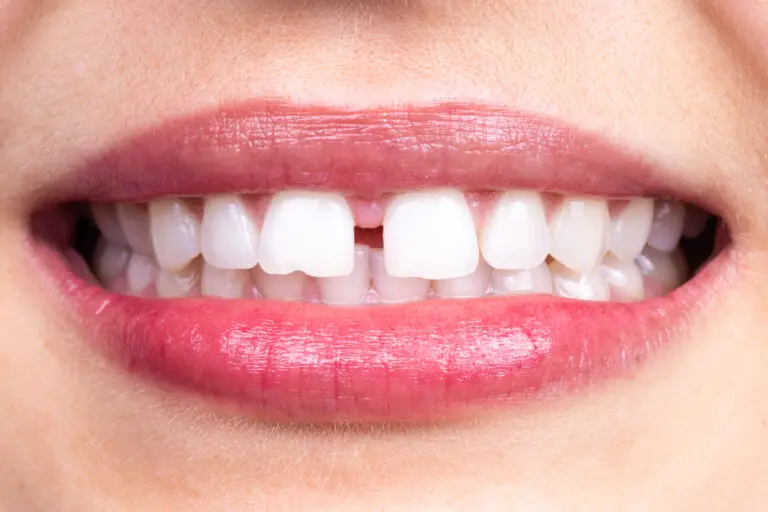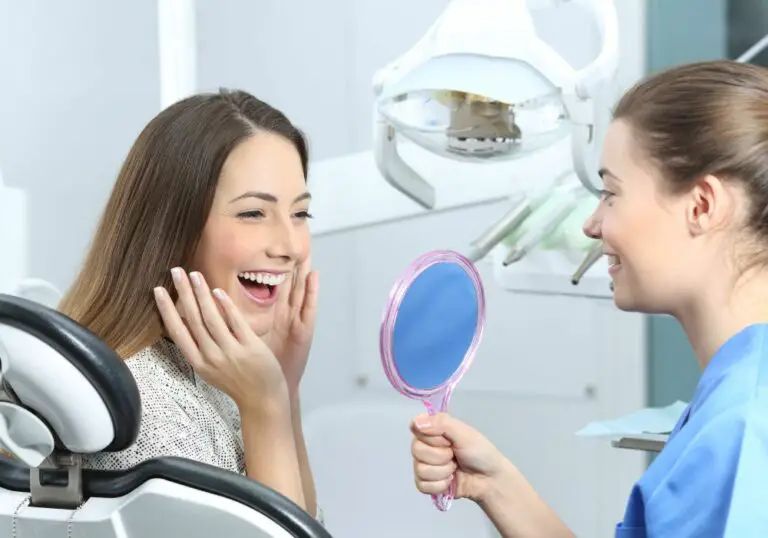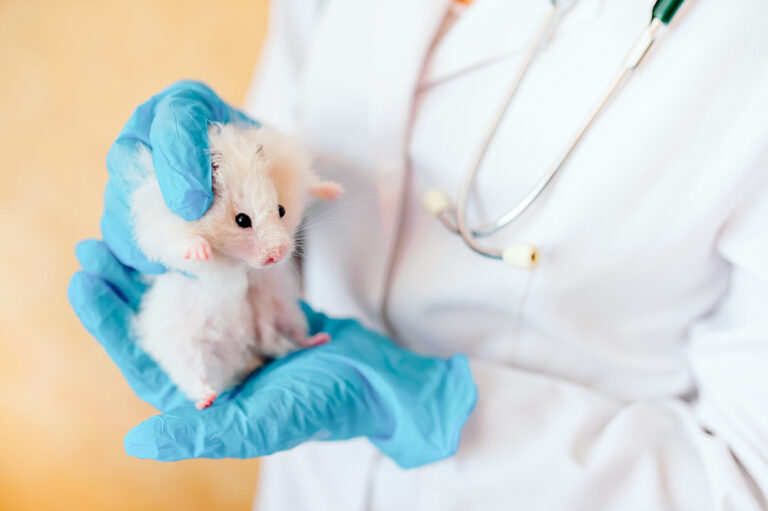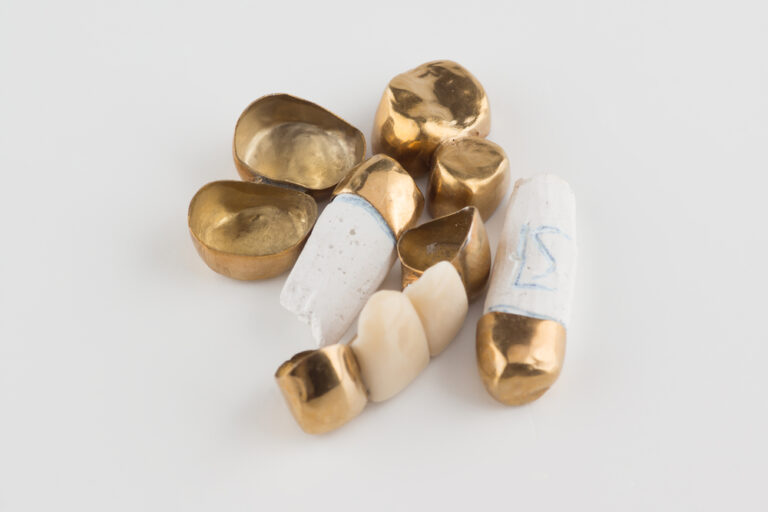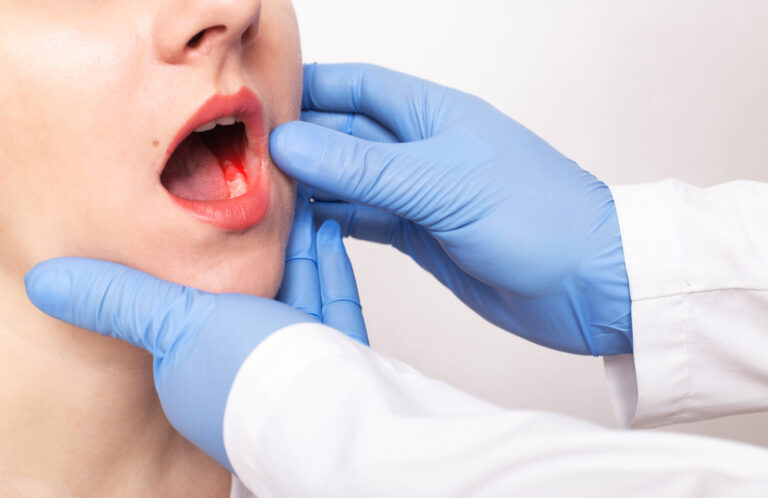Do you know that you can save up to 64 cups of clean drinkable water every time you brush your teeth? Turning off the tap while brushing your teeth might feel like it doesn’t have an impact on water conservation, but it can make a significant difference. Water is a limited resource, and according to the EPA, less than 1% of the planet’s water is drinkable. By taking simple steps to conserve water, we can help preserve this precious resource for future generations.
There are several ways to save water while brushing your teeth. For instance, you can start by wetting your toothbrush and then turning off the tap while you brush. You can also use a cup of water to rinse your mouth and toothbrush instead of letting the water run. Another way to save water is by fixing any plumbing leaks in your sink. By checking the condition of your sink plumbing, you can ensure that your faucet doesn’t drip and that the pipes underneath your sink are not leaking at all.
Understanding the Importance of Water Conservation
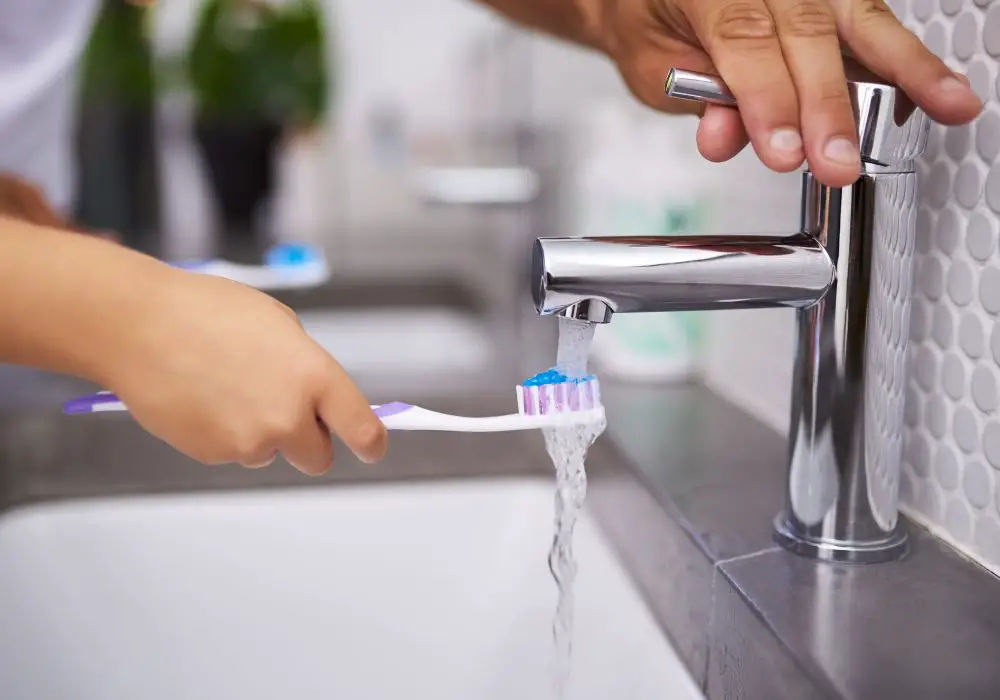
Conserving water is not only beneficial for the planet but also for your finances. Reducing your water use helps put it back into your community and the environment, hence, lowering your water bill. If you’re on a well rather than municipal water, it helps preserve the water table.
The Role of Water in Oral Hygiene
Water is essential for maintaining good oral hygiene. It helps rinse away food particles and bacteria that can lead to tooth decay and gum disease. However, leaving the tap running while brushing your teeth can waste a significant amount of water. According to the United States Environmental Protection Agency (EPA), you can save as much as 4 to 8 gallons of water just by turning off the tap while brushing your teeth in the morning and before bedtime. That could add up to more than 200 gallons a month, which is enough to fill a huge fish tank that holds 6 small sharks!
The Environmental Impact of Wasting Water
Water conservation is not just about saving money, but also about protecting the environment. Water is a finite resource, and wasting it can have severe consequences. According to the United Nations Educational, Scientific and Cultural Organization (UNESCO), 2 billion people do not have access to safe drinking water, and 3.6 billion lack access to safely-managed sanitation. By conserving water, you can help reduce the demand for freshwater resources and ensure that everyone has access to clean water.
In conclusion, by turning off the tap while brushing your teeth, you can save a significant amount of water and help protect the environment. Water conservation is not just about saving money, but also about ensuring that everyone has access to clean water. So, the next time you brush your teeth, remember to turn off the tap and do your part to conserve water.
Practical Steps to Save Water
When it comes to saving water, every drop counts. One of the simplest ways you can conserve water is by changing the way you brush your teeth. Here are some practical steps you can take to save water while brushing your teeth:
Turning Off the Tap
One of the easiest ways to save water while brushing your teeth is by turning off the tap. Letting the water run while you brush your teeth can waste a lot of water. Instead, wet your toothbrush and turn off the tap. Only turn the tap back on when you need to rinse your mouth or toothbrush.
Using a Cup or Glass
Another way to save water while brushing your teeth is by using a cup or glass. Instead of letting the water run while you rinse your mouth, fill a cup or glass with water and use that to rinse your mouth. This way, you only use the amount of water you need.
Efficient Toothpaste Use
Using too much toothpaste can also waste water. You only need a pea-sized amount of toothpaste to clean your teeth. Using more toothpaste than you need can result in more foam, which means you need more water to rinse your mouth.
By following these practical steps, you can save water while still maintaining good oral hygiene. Remember, every drop counts!
Innovative Tools and Techniques
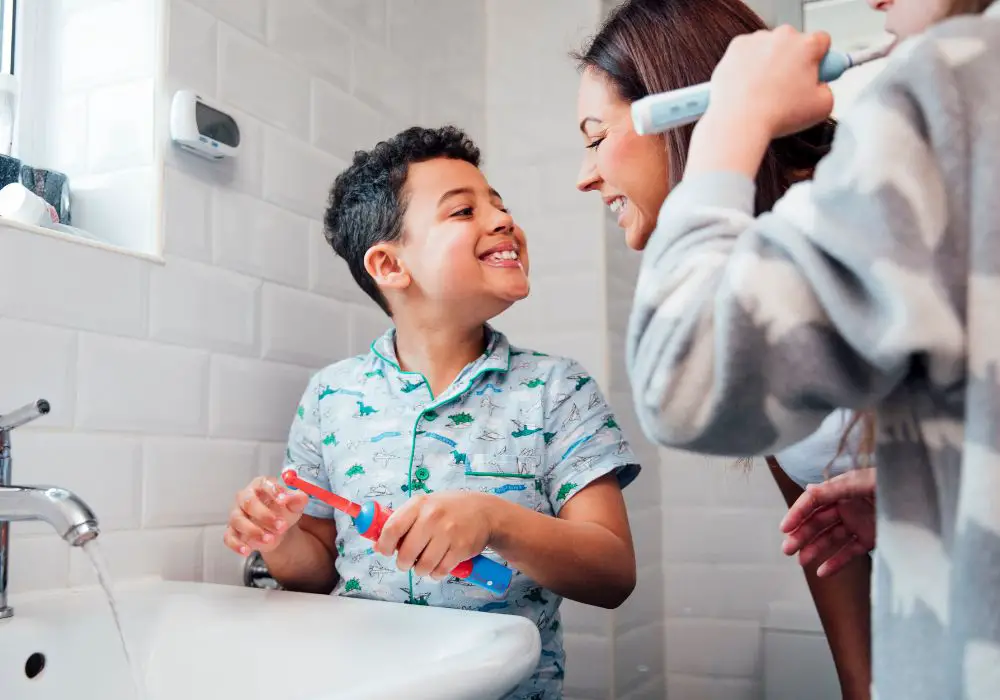
If you’re looking for more innovative ways to save water while brushing your teeth, there are a few tools and techniques you can try.
Water-Saving Toothbrushes
One option is to use a water-saving toothbrush. These toothbrushes are designed to reduce the amount of water you use while brushing your teeth. Some models have a built-in water reservoir that allows you to wet your toothbrush without having to turn on the faucet. Others have a special design that allows you to brush your teeth with less water.
Eco-Friendly Dental Products
Another option is to switch to eco-friendly dental products. Many toothpastes, mouthwashes, and dental flosses are now available in eco-friendly packaging and formulas. These products are often made with natural ingredients and are free from harsh chemicals that can harm the environment.
You can also look for dental products that are specifically designed to save water. For example, some mouthwashes come in tablets that you dissolve in water, allowing you to use only the amount of water you need.
By using these innovative tools and techniques, you can help conserve water while still maintaining good oral hygiene.
Effect on Oral Health
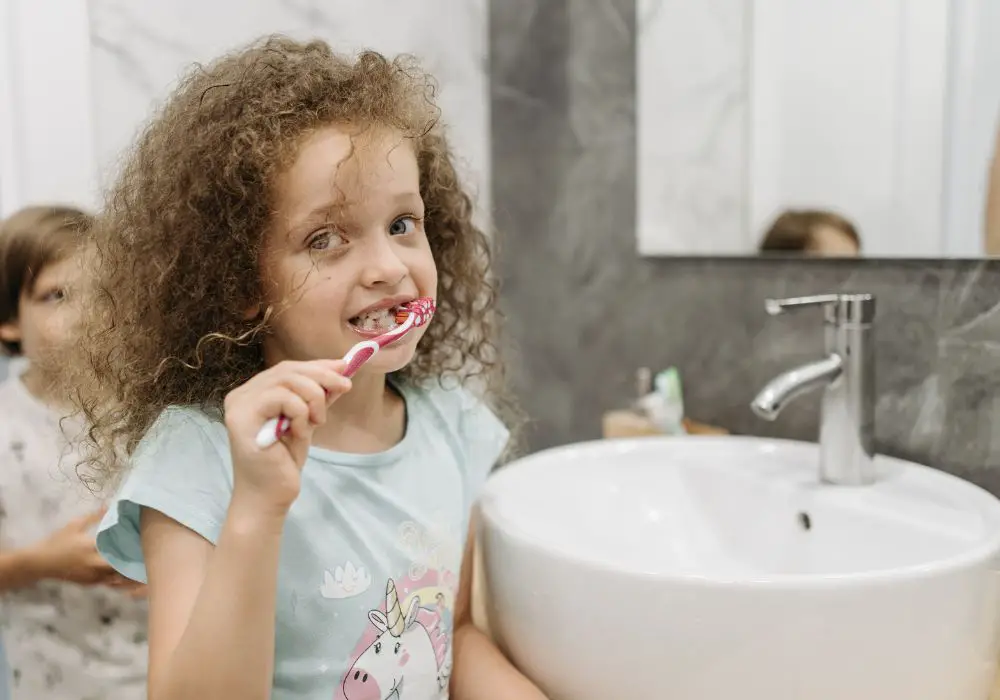
Impact of Water Conservation on Oral Hygiene
Water conservation is an important aspect of our daily lives, and it is essential to conserve water while brushing your teeth. However, some people may be concerned about the impact of water conservation on their oral hygiene.
The good news is that water conservation does not have a significant impact on your oral hygiene. Brushing your teeth with less water will not affect the effectiveness of your oral hygiene routine. Using less water will only reduce the amount of water you waste while brushing your teeth.
Balancing Conservation and Hygiene
It is important to balance water conservation with proper oral hygiene. Here are some tips to help you maintain good oral hygiene while conserving water:
- Use a cup to rinse your mouth instead of letting the water run.
- Turn off the tap while brushing your teeth and only turn it on when you need to rinse your toothbrush.
- Use a toothbrush with soft bristles to avoid damaging your teeth and gums.
- Brush your teeth for at least two minutes twice a day with fluoride toothpaste.
- Floss regularly to remove food particles and plaque between your teeth.
By following these tips, you can maintain good oral hygiene while conserving water. Remember, conserving water is essential for our environment, and every little bit helps.
Frequently Asked Questions
Can you save water by turning off the tap while brushing your teeth?
Yes, you can save a significant amount of water by turning off the tap while brushing your teeth. According to the Environmental Protection Agency (EPA), leaving the tap running while brushing your teeth can waste up to 18 liters of water each time. By turning off the tap, you can save this water and reduce your water bill.
Is it better to use a cup or let the water run while brushing your teeth?
It is better to use a cup of water rather than letting the water run while brushing your teeth. According to Colgate, using a cup of water can save up to 6 liters of water each time you brush. This is a simple and effective way to conserve water and reduce your environmental impact.
What are some ways to conserve water while brushing your teeth?
There are several ways to conserve water while brushing your teeth. You can turn off the tap while brushing, use a cup of water to rinse your mouth, and start brushing with a dry toothbrush. You can also check for plumbing leaks and repair them as soon as possible.
Does brushing your teeth in the shower save water?
Brushing your teeth in the shower may save water, but it is not the most efficient way to conserve water. According to the EPA, taking a shower can use up to 75 liters of water on average. It is better to brush your teeth at the sink and turn off the tap while doing so.
How can you brush your teeth without wasting water?
You can brush your teeth without wasting water by turning off the tap while brushing, using a cup of water to rinse your mouth, and starting with a dry toothbrush. You can also use a water-efficient faucet or a low-flow showerhead to reduce water usage.
What are some benefits of saving water while brushing your teeth?
Conserving water while brushing your teeth can benefit both the environment and your finances. It helps to reduce water usage, which in turn helps to conserve water resources and lower your water bill. Additionally, it can reduce your carbon footprint and contribute to a more sustainable future.

